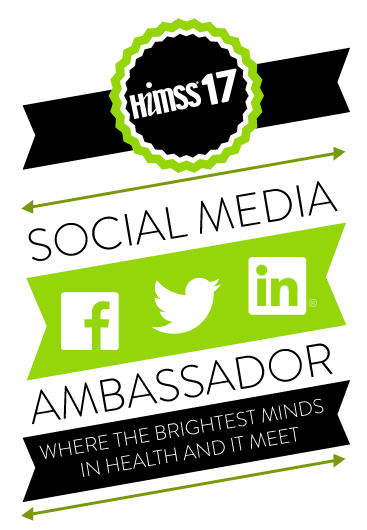Google Health: PHRs Still Need Human Touch
 Thursday, April 16, 2009 at 3:03PM
Thursday, April 16, 2009 at 3:03PM Google has been very good at establishing a broad-based platform for search and search advertising. However, they’ve always taken a “hands-off” approach when it comes to content. Google doesn’t get involved in the dirty work of “data cleansing”, especially when it requires domain-specific knowledge and human intervention. Instead, Google focuses its resources where they can rely on existing metadata to fuel their engineering powerhouse.
Therein lies the problem that came to light this week when the Boston Globe ran an article that detailed the experience of e-Patient Dave (Dave deBronkart) in transferring his medical record info from Boston’s Beth Israel Deaconess Medical Center (BIDMC) hospital to Google Health, the highly anticipated personal health record (PHR) utility from Google. Dave described in the Globe article and on the E-Patient.net blog some of the unacceptable outcomes that occurred when Google inferred information from content that was imported into his Google Health PHR from electronic records at BIDMC. For instance, dates did not accompany most of the information, so Google Health issued alerts that assumed all of the conditions and meds listed in his record were occurring simultaneously.
The article also highlights serious flaws in using medical billing codes to infer information about medical conditions. E-Patient Dave delves more deeply into the medical coding issue on his blog and offers a good round-up of the various codes used by medical providers. These billing codes are imperfect for their primary purpose; using them as the primary metadata to infer a patient’s medical history is a fatal flaw.
So, should we conclude that Google Health is a DOA as some have suggested? Not necessarily. But, I think it may be fair to say that Google Health isn’t ready for the average patient/consumer and won’t be until more progress is made in harmonizing the codes and terminology used by various stakeholders in the healthcare economy.
One conclusion is clear: given the current stage of development of PHRs, there are opportunities for content intermediaries in healthcare to solve some of the data inconsistency problems. One new company, Zweena Health, added its voice to the Google Health bashing to promote its own service that creates PHRs for individuals. According to their site, they “do all the work” to convert information from providers into a usable information resource.
Traditional healthcare publishers represent another group that is well-positioned to help solve the data translation and transfer problem for patient records. Healthcare publishers like Elsevier, ThomsonReuters, and Wolters Kluwer have been combining content with technology to create clinical and workflow tools for years. Their expertise in understanding content, technology and workflow of healthcare professionals should be included in efforts to develop electronic records for providers and patients.
Finally, medical librarians have expertise and hands-on experience in translating medical information for consumer audiences. Perhaps it is time for Google to fund medical librarians to take on the work of creating taxonomies and harmonization schemes that would better serve multiple stakeholders. I’ll forward this post to David Rothman and other medical librarians who blog to get their feedback.
One final thought. Google likes to aim high and target projects that reach large numbers of people where Google can add value through low-touch high-tech projects that leverage their computing and coding resources. In the case of digital health records, perhaps Google should take the approach that CMS has used and tackle a smaller piece of the puzzle first, starting with drug information. Digital drug databases have evolved to a state where they are more reliable and CMS is advancing e-prescribing by providers through financial incentives and promotions. This week’s announcement that Express Scripts is acquiring Wellpoint’s NextRx pharmacy benefits management (PBM) unit for $4.68 billion is another sign of progress in this arena. The market apparently approves of the acquisition: Express Scripts’ stock price has risen since the announcement and has been upgraded to a buy by UBS.
As we wrote last month on the subject of health IT, it is imperative that architects of the health IT software systems understand the content that will flow through their systems and how it will be used. The same imperative applies to developers of PHR software and tools to an even greater extent, because of the need to translate or explain medical terminology for consumer audiences.


Reader Comments